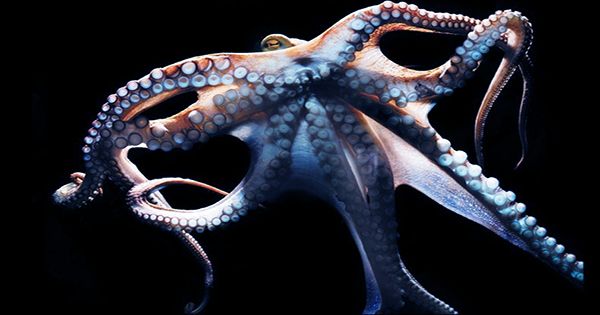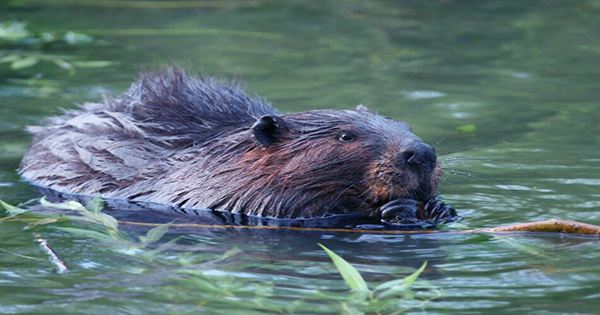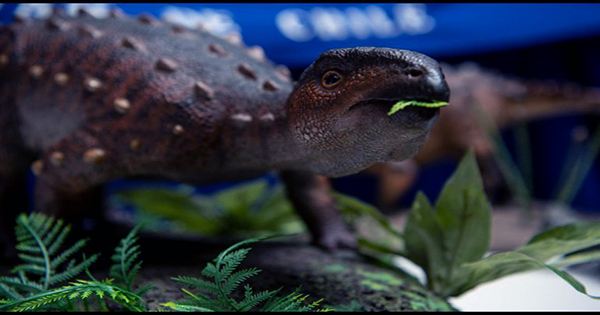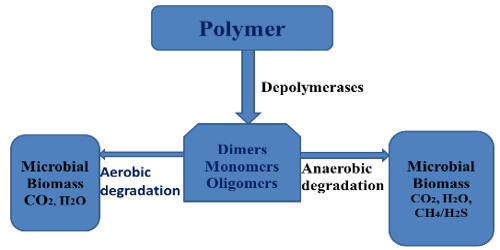A video of an octopus changing color while sleeping went viral two years ago, prompting many people to conclude that the cephalopod was dreaming. The author of the video stressed that he is not a sleep biologist and this explanation may not be correct. Now, some animal neuroscientists have published their investigation into octopus sleep, and it looks like amateurs were right this time around – octopuses probably doing something similar to our dreams. Unfortunately, there is no way we can know what transcends the mind of an animal while it is asleep. Yet, everyone who shares a home with a dog sometimes sees moments created in his or her sleep, commonly known as “dreaming of hunting”.
Rapid Eye Movement, or REM-sleep, once thought to be limited to mammals and birds, but bearded dragons known to have two sleeping states of cuttlefish involved in the same brain, one of which could be equivalent to REM sleep. Professor Sidarta Ribeiro of the Federal University of Rio Grande do Norte, Brazil said in a statement, “It makes us wonder if we can see evidence of two sleep states in octopuses as well.” The learning and problem-solving abilities of octopuses are legendary. As for the short lifespan and the distant relationship of caring for their species from others, they represent an intelligence that we usually study not only from us, but also from others.
Ribeiro confirmed that octopuses have two sleep patterns known as “active” and “quiet” sleep. During short periods of active sleep (typically 41 seconds), four octopus insularis are seen to change the color and texture of their skin, as they do when trying to disguise themselves or signal to others of their kind. They also stretched their muscles, contracting them to suck. The active sleeping octopuses, who remember most dreams, took their eyes off them. “What makes it even more interesting is that this‘active sleep ’mostly happens after a long restful sleep – usually more than a minute – and it has a characteristic periodicity,” Ribeiro said.
The cycles in the subjects ran for 30-40 minutes, but the authenticity of the oldest and largest member of the set was a slightly different cycle, so the authors wondered if there could be any change with age. Conscious sleep may be mistaken for a conscious person to wake up, but Ribeiro Eisenhower reports that octopuses did not respond to visual stimuli (or in any case vibrations) when awake. The first author, Sylvia Medeiros, noted the similarity of the cycle with our own, “despite the huge evolutionary distance between the cephalopod and the spinal cord with the early lineage of the lineage about 500 million years ago.”
















